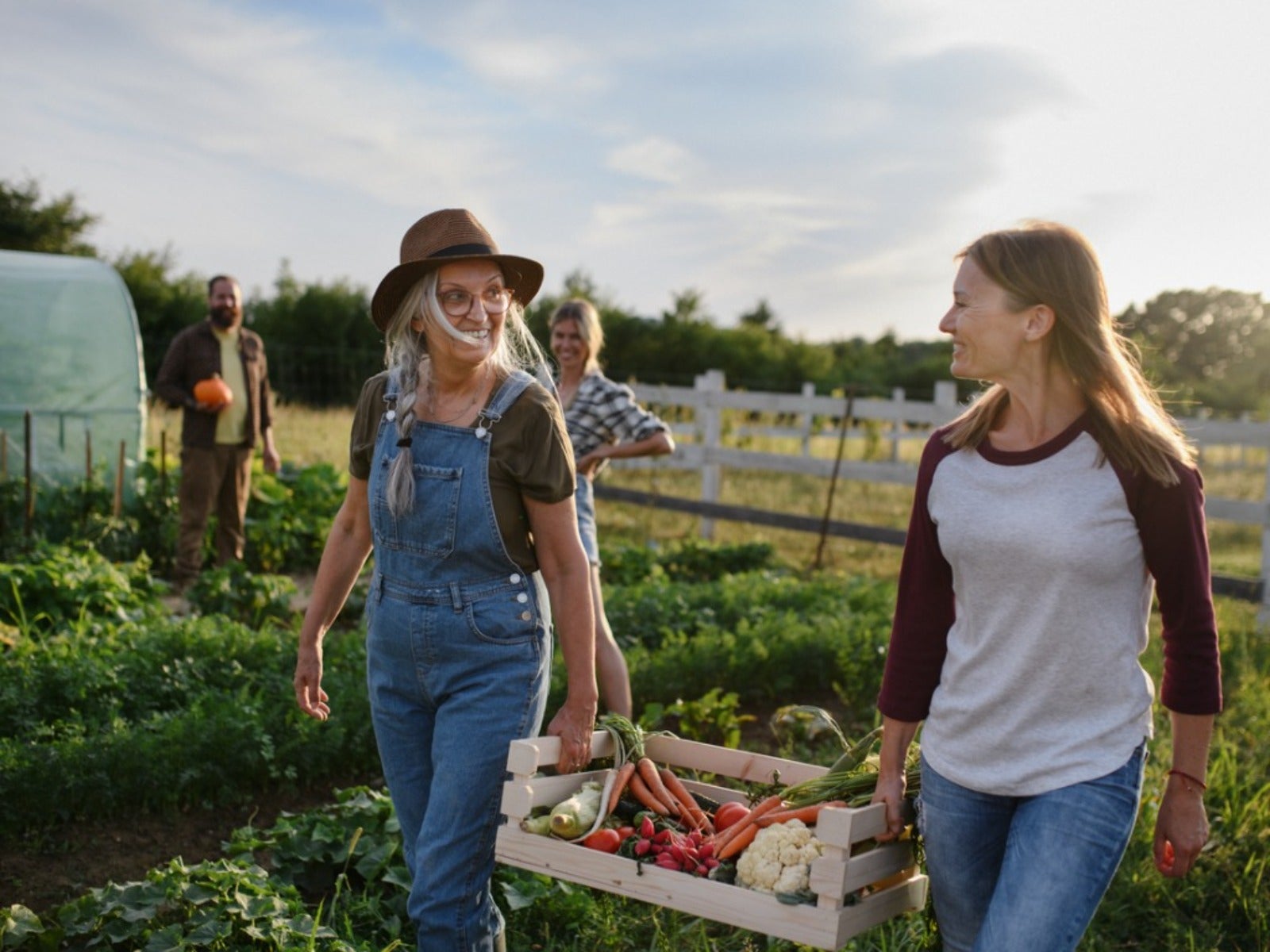How To Build Community By Starting A Garden


Sign up for the Gardening Know How newsletter today and receive a free copy of our e-book "How to Grow Delicious Tomatoes".
You are now subscribed
Your newsletter sign-up was successful
Community gardening involves taking a shared space and involving members of a neighborhood, school, or city to join in creating and maintaining a garden. The social and community benefits of community gardening have become well-known and have inspired numerous projects. Learn more about the benefits and how to get started on a garden for your community.
What Are the Social Benefits of Gardening?
Studies of children who participate in school gardens show that they are more accepting of people different from them, have better interpersonal skills, and are better at working cooperatively than their peers.
These social benefits of community gardens extend to any individual who gets involved, both children and adults. These shared spaces bring people together to increase understanding and decrease loneliness.
People who garden also experience benefits to mental health: reduced stress, improved confidence and self-esteem, and a sense of purpose. Of course, gardening is also good for physical health. It is an active hobby that gets the heart rate elevated, builds muscle, and benefits overall well-being.
How Do Community Gardens Benefit Communities?
Gardening can be great for the individual, but communities also benefit. Studies have found numerous ways in which neighborhoods are better for having shared gardens:
- Community gardens increase social capital, or connectedness in a community. High social capital is associated with greater social mobility between income levels and socioeconomic status. In other words, people in these communities have greater opportunities.
- Gardens often connect residents with their local governments and community organizations.
- Community gardens make neighborhoods more sustainable and they improve and beautify the local environment.
- Many studies have found that community gardens reduce crime and help revitalize neighborhoods.
- Growing and sharing food in neighborhood gardens can improve diet and health in the area while also improving food security.
How to Get Started
The individual and social benefits of urban gardening cannot be overstated. It’s worth participating in a community garden or gathering a group of neighbors to start your own. Here are some tips:
Start with a clear goal.
To be successful in creating a garden, it helps to clarify what you hope to achieve. Will this be a flower garden to make the space more beautiful and attract pollinators? Or is it a more ambitious vegetable garden that will help feed residents? Consider your community and its needs and resources to make this decision.
Sign up for the Gardening Know How newsletter today and receive a free copy of our e-book "How to Grow Delicious Tomatoes".
Gather resources.
Before you touch the soil at all, you need to have adequate resources. Determine who will help plan and participate in gardening activities. Look for people with the skills you need, such as master gardeners, carpenters, and community leaders. Think about how you will fund the garden and where you’ll get supplies.
Build partnerships.
Partnerships with local groups can be a great way to make a garden a success. For instance, you may need to partner with local government to identify a space you can use. Businesses can provide funding or supplies. Local churches, schools, and service groups can provide participants.
Choose your site carefully.
With everything else in place, you’re ready to choose a spot. Work with local government agencies to find a site that is the right size, has decent soil, has adequate sunlight, and is convenient for community members.
Create a management plan.
Building the garden is only the first step. You might have a good team of community members eager to get started, but how will you keep the garden going? Make a plan for who will lead the garden. Assign roles and schedules. Devise a set of rules with consequences for participants.
Include education.
A community garden should be a place of learning. Everyone should be welcome, including new gardeners. Invite master gardeners to come instruct the newcomers. Request presentations from your local extension office.
A community garden is a worthwhile project, but it is also a lot of work. To reap all the benefits of a local garden, be prepared to take on a big task. And, in the spirit of the project, accept help from others as you plan and take the next steps.
Want to Learn More?
Do you have a community garden that could use a boost? Check out our sponsorship page!
Do you want to hear from past winners? Check out our speaker series Community Gardening for Everyone!

Mary Ellen Ellis has been gardening for over 20 years. With degrees in Chemistry and Biology, Mary Ellen's specialties are flowers, native plants, and herbs.